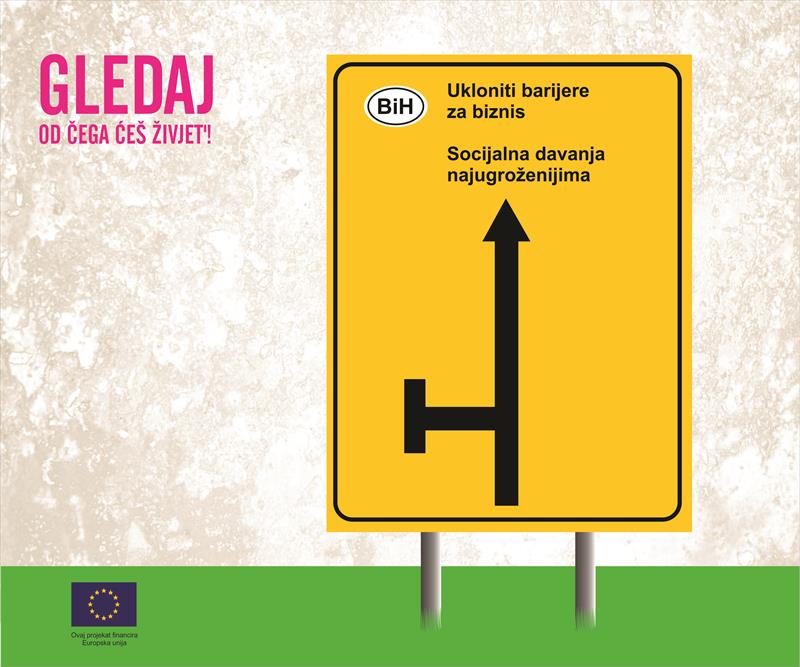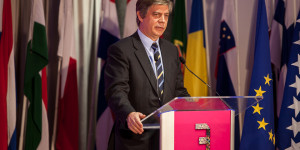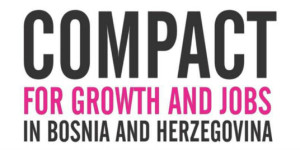New initiatives are underway to improve the business environment in Bosnia and Herzegovina.
Bosnia and Herzegovina is ranked 131st in the World Bank’s annual “Ease of Doing Business” survey, the lowest of all the countries in the region.
“This must be improved,” Ambassador Peter Sorensen, EU Special Representative and Head of the Delegation of the European Union to Bosnia and Herzegovina, said following the Forum for Prosperity and Jobs held in BiH in May 2014. He said discussion at the Forum had “stressed the need for the authorities to increase competitiveness by approving a results-based plan, aimed at improving indicators such as Doing Business rankings to match the regional average.”
In recent years Bosnia and Herzegovina has become less attractive to investors, particularly foreign investors. This is because of the complicated procedures required to start and operate a business, as well as a multi-layered fiscal system, a fragmented Single Economic Space, discrepancies between the Entity and Brčko District legal frameworks and the state-level legal framework, an overall lack of administrative transparency, and the prevalence of the grey economy.
The consequences of this are partly illustrated by the fact that Foreign Direct Investment in Bosnia and Herzegovina was worth 1.3 billion Euros in 2007 but just 247 million Euros in 2013. This reflects an overall decline in the country’s macroeconomic indicators.
All these issues were discussed at the workshop on Business Environment and Investment, organized by the EU Special Representative Office in BiH during the Forum for Prosperity and Jobs.
Business people, technical experts and representatives of international organizations worked together to define problems and offer suggestions that could help to reverse the decline in investment and revive the business environment – two of the basic prerequisites for successfully implementing the rest of the socio-economic reform programme.
Presenting the conclusions of the workshop, Dr. Renzo Daviddi, Deputy Head of the Delegation of the European Union to Bosnia and Herzegovina, said it was necessary to shorten and simplify procedures; equally introducing a “one-stop” approach for doing business throughout Bosnia and Herzegovina. This includes simplifying, harmonising and making more coherent and transparent the system of tax administration, and strengthening institutional capacity within the existing legislative framework in order to consolidate the Single Economic Space.
Dr. Daviddi also said the workshop concluded that it was essential to create incentives that would encourage those involved in the grey economy to become part of the formal economy; to expand registered employment opportunities by lowering the tax burden on labour; to create incentives for entrepreneurs and for the creation of micro-enterprises; and to restructure the inspection authorities.
“Economic development is the only proper solution to the problems facing Bosnia and Herzegovina,” said Dragan Vrankić, a member of the Parliamentary Assembly of Bosnia and Herzegovina who has served as BiH Treasury Minister and Federation Finance Minister. “This country needs new investment and this requires a positive environment that can only be created through structural reforms. However, there are some political issues that must be resolved in such a way that they do not come up again.”





